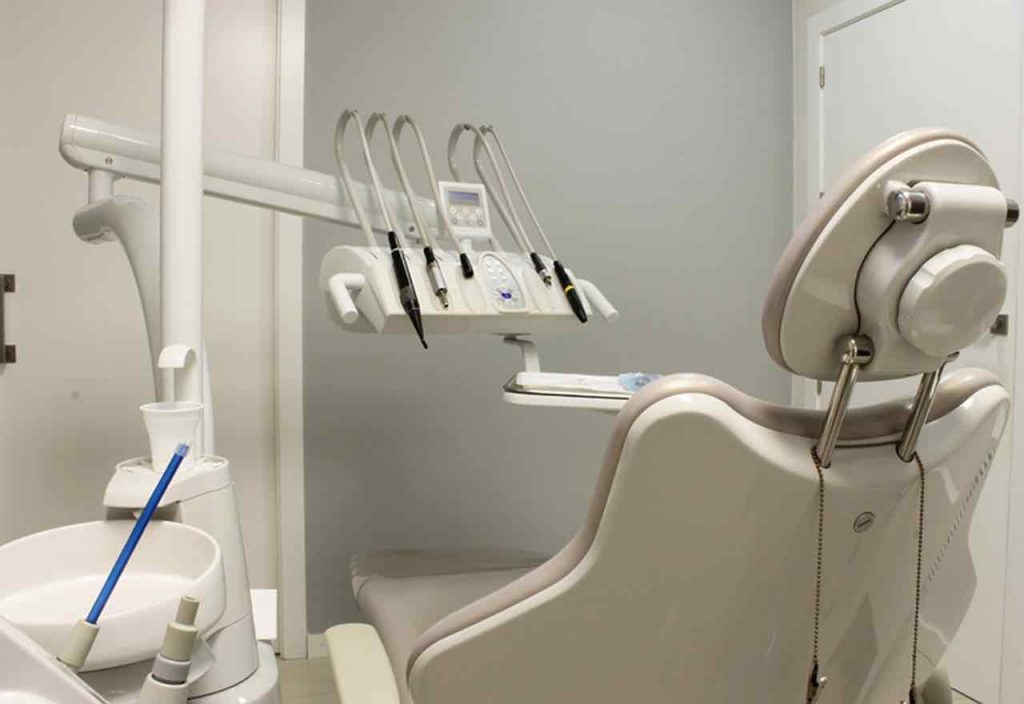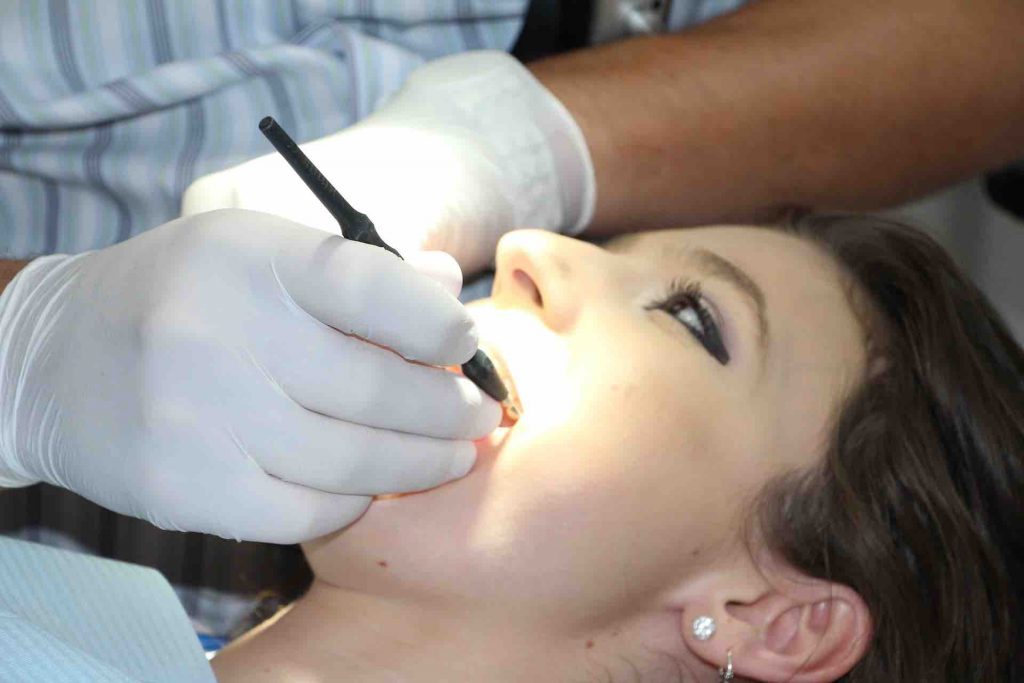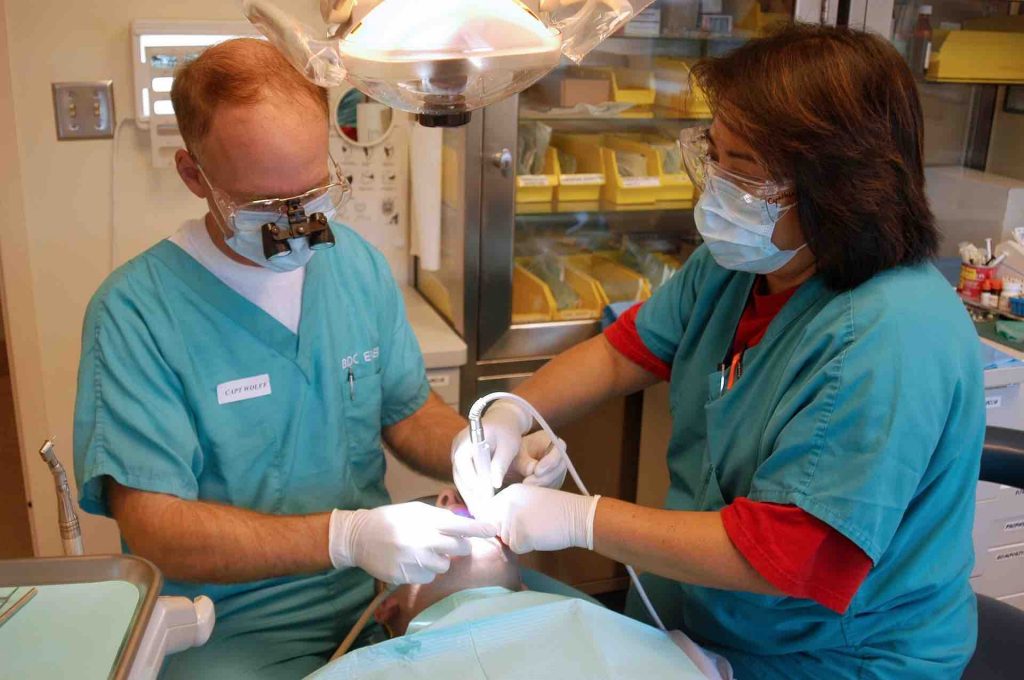
People who don’t feel happy with their smile can find it affects their confidence and self-esteem, both of which can have far-reaching effects in their personal and professional lives. Fortunately, it’s not necessary to simply accept that the teeth are not the way they should be; an experienced professional can present a range of options to ensure the best possible smile.
The treatment a patient can get very much depends on the issues they have with their teeth, gums and jaw. It may be that braces are the best option; or dental implants could be the solution. Whitening and veneers are also great ways to get a better smile. Each patient should be assessed on an individual basis to ascertain the most appropriate treatment.
Braces
Braces have come a long way from the metal structures administered to young people in days gone by. Firstly, they are no longer just for teenagers – getting the teeth straightened, closing gaps and resolving crowding is now available for people of all ages.
Braces can help to improve the aesthetic appeal of the teeth, which can have a big impact on how the patient feels about their smile. They also help people to maintain better oral hygiene, which means that their teeth can stay in better condition even as ageing occurs. This can allow the patient to maintain a younger appearance and feel more confident about how they look.
For those who might feel a little self-conscious about the idea of wearing braces, it is now possible to opt for Invisalign. This is a treatment that involves wearing ‘braces’ which are almost invisible, and which keeps discomfort at an absolute minimum.
Dental implants
Dental implants can be a great tool for getting a better smile. They can be used to replace one or more teeth that are in poor condition; and as a treatment for teeth that are misshapen or ground down.
Patients who wear dentures can find that the fact that they are not fixed can cause issues with appearance, including feeling self-conscious. Dental implants are a permanent solution to a better smile, and well worth considering if the dentist considers this an appropriate treatment.
Veneers
Veneers are a popular choice with those who wish to improve their smile. Thin pieces of porcelain that are moulded to your teeth, they can alleviate a multitude of issues to give the patient a great look and increased confidence.
Whitening
Discoloured, stained or yellow teeth can significantly reduce a person’s confidence regarding their smile. Professional whitening from an expert can be the answer, and can allow patients to feel much better about their appearance – and encourage better dental hygiene in the future in order to maintain the look.
Whatever the factors affecting confidence in the smile, people can find the solutions by visiting an experienced professional. Given the impact this can have in all areas of a person’s life, it is well worth exploring the options for improvement. A great smile makes people look younger and more attractive, so oral care should be a top priority.




